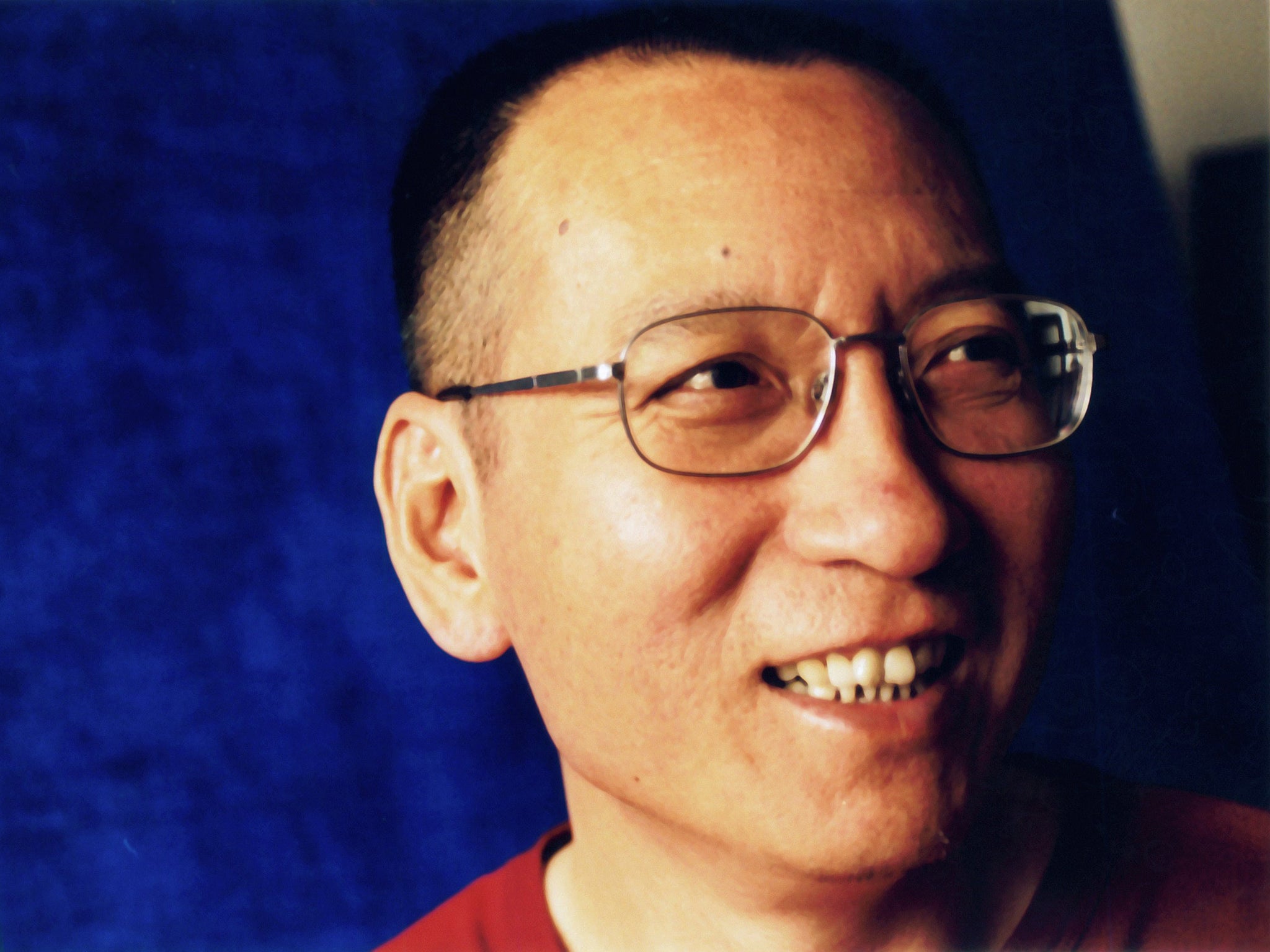China allows foreign doctors to treat terminally ill Nobel Laureate they imprisoned for 11 years
Officials said experts from Germany and the US had been invited

China has invited medical experts from the US and Germany to help in the cancer treatment of dissident Nobel laureate Liu Xiaobo - a move some claim has been taken for PR reasons ahead of the G20 summit.
Chinese President Xi Jinping’s is due to fly to Germany to attend the meeting in Hamburg on Friday and Saturday, where he will seek to project Chinese leadership on a range of issues from trade to climate change.
Earlier this week, it was revealed that China’s only Nobel Peace Prize winner had been released from prison on medical grounds to treat his liver cancer. Now, it has been reported officials in the north-eastern city of Shenyang have invited experts from the US and Germany to help treat him.
Reuters reported the hospital in the city made the decision at the request of the family and in consultation with the doctors already treating him, the Shenyang Bureau of Justice said in a short statement on its website.
It said that a German government spokesman confirmed that a German doctor was part of the team treating Liu and that officials in Berlin were in close contact with the Chinese government.
“The Chinese government told us yesterday about their willingness to allow treatment for Mr Liu including access to foreign doctors, including a German specialist,” government spokesman Steffen Seibert told reporters.
“We very much welcome this and are still pushing for a humanitarian solution.”

Liu, 61, who participated in the 1989 pro-democracy Tiananmen Square demonstrations, became the first citizen of the People's Republic of China to win the Nobel Prize in 2010 for advocating greater freedoms in his country.
He was arrested in 2008 and subsequently sentenced to 11 years in prison for “inciting subversion of state power” and has been held incommunicado since. Following Burma’s release of Aung San Suu Kyi from house arrest in November 2010, he is the only laureate currently serving a prison sentence.
“Having foreign experts on the medical team is no replacement for Liu Xiaobo and his family to freely choose how and where he should be treated,” Liu’s friend, the scholar Wen Kejian, told the Associated Press. “We have not been able to speak to family members, who are under pressure not to speak to us.”

Mr Wen said that he and another of Liu’s, Mo Zhixu, had tried to visit him at the First Hospital of China Medical University in Shenyang where the authorities said Liu was being treated. He said they made inquiries at likely floors, but were turned away when nurses said they were not aware of a patient by the name of Liu Xiaobo.
Asked if the move would lead to Liu leaving the country, Foreign Ministry spokesman Geng Shuang told a briefing: “We hope other countries can respect China's judicial sovereignty and not meddle in China's internal affairs.”
Amnesty International said in a statement that the move appeared in part “an attempt to limit international criticism”.
“Time is running out for Liu Xiaobo,” said Salil Shetty, Amnesty’s secretary general. “It is not too late for the authorities to end this cruel farce. They must let Liu Xiaobo and his wife, Liu Xia, travel abroad to get the medical treatment he so desperately needs.”
The US embassy in Beijing declined to comment. Newly appointed US Ambassador to China Terry Branstad said last week the United States would like to see Liu treated elsewhere for his cancer.
Last week, State Department spokeswoman Heather Nauert was asked about Xiaobo.
He’s not a US citizen, he’s a Chinese national, but we’d like him to have access to international medical specialists if he chooses to do so,” she said. “One of the important things we see is give him the opportunity, if he wants to seek medical treatment elsewhere, to be able to seek medical treatment elsewhere.”
Join our commenting forum
Join thought-provoking conversations, follow other Independent readers and see their replies
Comments
Bookmark popover
Removed from bookmarks